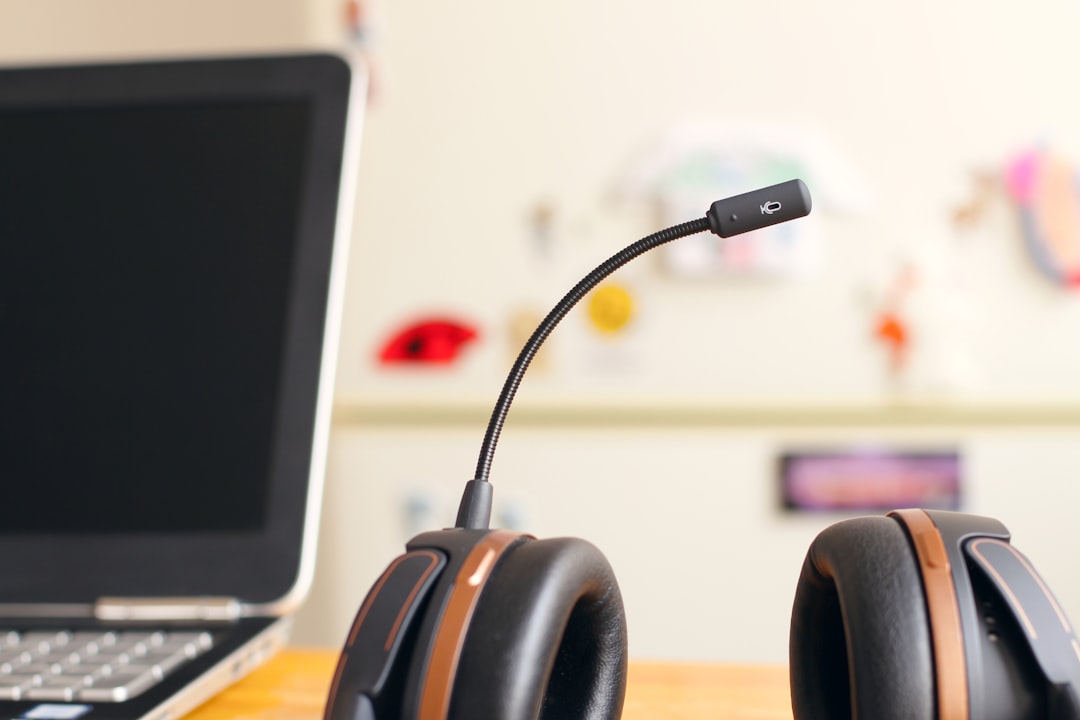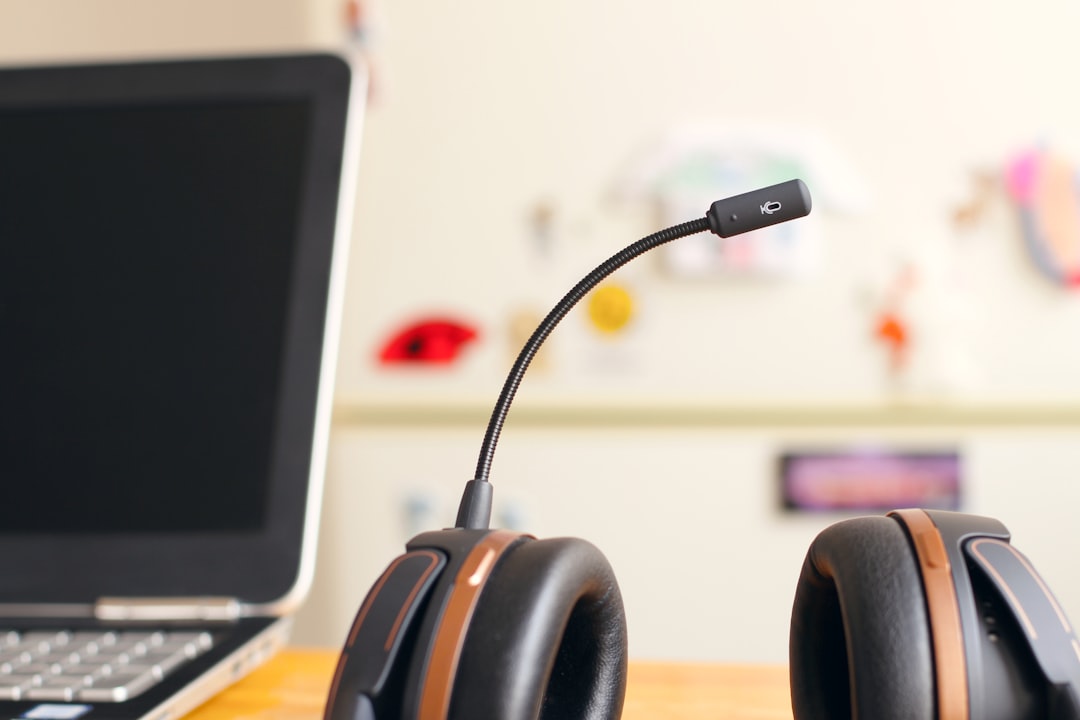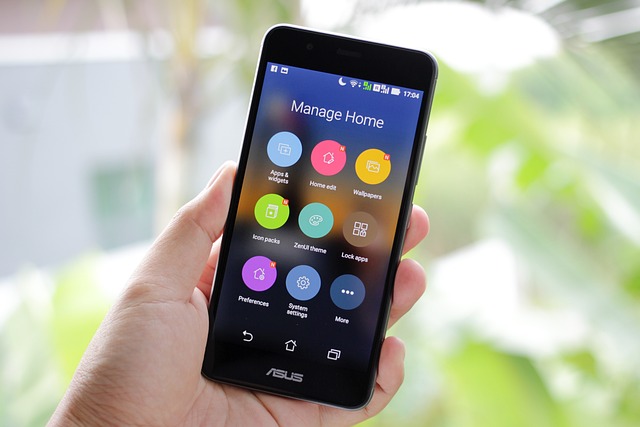In North Dakota, both state and federal laws, including TCFAPA, strictly regulate autodialers to protect consumers from unwanted telemarketing. Businesses and law firms using autodialer technology must understand and follow guidelines regarding consent, do-not-call lists, privacy, and local regulations to avoid penalties. In case of a data breach, companies must notify the Attorney General and affected consumers promptly. An autodialer law firm in ND assists with notifications, credit monitoring, and compliance. Data breaches can be prevented by implementing strong security protocols, adhering to industry standards like TSR, and staying updated on privacy policies. Quick and strategic response is crucial for firms dealing with data breaches involving autodialers.
“In today’s digital age, data breaches are a growing concern, particularly with the widespread use of autodialers in North Dakota. This comprehensive guide navigates the legal landscape surrounding autodialer regulations and provides essential insights for cities across ND. From understanding state-specific rules to mastering incident response, we explore the steps businesses and law firms must take when handling data breaches related to these automated systems. By tackling common causes and implementing preventative measures, organizations can enhance their data security.”
Understanding Autodialer Regulations in North Dakota

In North Dakota, the use of autodialers is regulated by state and federal laws designed to protect consumers from unwanted telemarketing calls. Understanding these regulations is crucial for businesses and law firms offering services that involve autodialer technology. The Telemarketing and Consumer Fraud and Abuse Prevention Act (TCFAPA) sets forth guidelines on consent, do-not-call lists, and consumer privacy, which must be adhered to by any entity using autodialers in the state.
North Dakota’s Attorney General’s Office plays a vital role in enforcing these laws, ensuring that businesses comply with the autodialer law firm requirements. Failure to comply can result in significant fines and legal repercussions. As such, it’s essential for companies utilizing autodialers to stay informed about their rights and responsibilities under the TCFAPA and any additional local regulations in ND cities.
Legal Obligations When Handling Data Breaches

When a data breach involving an autodialer occurs in North Dakota, businesses and organizations have legal obligations they must fulfill to protect affected individuals and maintain compliance with state laws. As a leading autodialer law firm in North Dakota, we assist clients in navigating these complex requirements.
In the event of a breach, companies are mandated to notify both the North Dakota Attorney General and individual consumers whose data was compromised within a specified timeframe. This prompt action is crucial for mitigating potential harm and demonstrating adherence to ND laws. Our legal team helps draft these notifications, ensuring compliance with all necessary elements, including offering affected individuals appropriate credit monitoring services.
Common Causes of Data Breaches Related to Autodialers

Data breaches related to autodialer use can occur due to a variety of reasons, and understanding these common causes is crucial for businesses operating within North Dakota. One of the primary issues is the lack of proper security measures when integrating autodialer software into existing systems. Many companies fail to implement robust authentication protocols, allowing unauthorized access to customer data. Additionally, outdated or vulnerable software can create entry points for cybercriminals, as hackers often target known vulnerabilities in widely used autodialer platforms.
Another significant factor is the human element. Insiders, such as disgruntled employees or contractors, may intentionally or inadvertently expose sensitive information by misusing their access privileges. Training and strict data handling policies are essential to mitigate this risk. Furthermore, poor data management practices, like inadequate encryption or irregular backups, can lead to severe breaches when combined with autodialer technology, highlighting the need for a comprehensive security strategy involving both technical and procedural safeguards.
Strategies for Effective Incident Response and Notification

When responding to a data breach involving an autodialer, a prompt and strategic approach is vital. The first step for autodialer law firms in North Dakota should be to assess the extent of the breach, identify the affected parties, and gather all relevant information. This includes understanding how many individuals or organizations are impacted and what types of sensitive data may have been exposed.
Effective communication is key during this phase. Firms must promptly notify affected clients, providing clear explanations of the incident and its potential impact. This should include details on what happened, what data was compromised, and what steps are being taken to address the breach. Timely notification not only helps mitigate legal risks but also fosters trust and transparency with clients, which is crucial for maintaining a positive reputation in the highly regulated North Dakota legal landscape.
Preventative Measures and Best Practices for Autodialer Users

For businesses and individuals operating in North Dakota utilizing autodialers, preventative measures are key to mitigating data breach risks. First and foremost, companies should implement robust security protocols tailored to their autodialer systems. This includes encrypting sensitive data, employing strong access controls, and regularly updating software to patch known vulnerabilities. It’s crucial to train staff on best practices, such as recognizing phishing attempts and maintaining strict passwords or passphrases. Additionally, keeping detailed logs of system activities can aid in identifying potential security breaches early.
Beyond technical safeguards, adhering to industry standards and best practices for autodialer use is essential. This involves obtaining proper consent from individuals before making automated calls, providing clear opt-out mechanisms, and ensuring compliance with the Telemarketing Sales Rule (TSR). Regularly reviewing and updating privacy policies to reflect changes in data protection laws, such as those relevant to North Dakota’s legal framework, is also vital. By embracing these preventative measures, autodialer users can enhance their security posture and protect sensitive data effectively.






